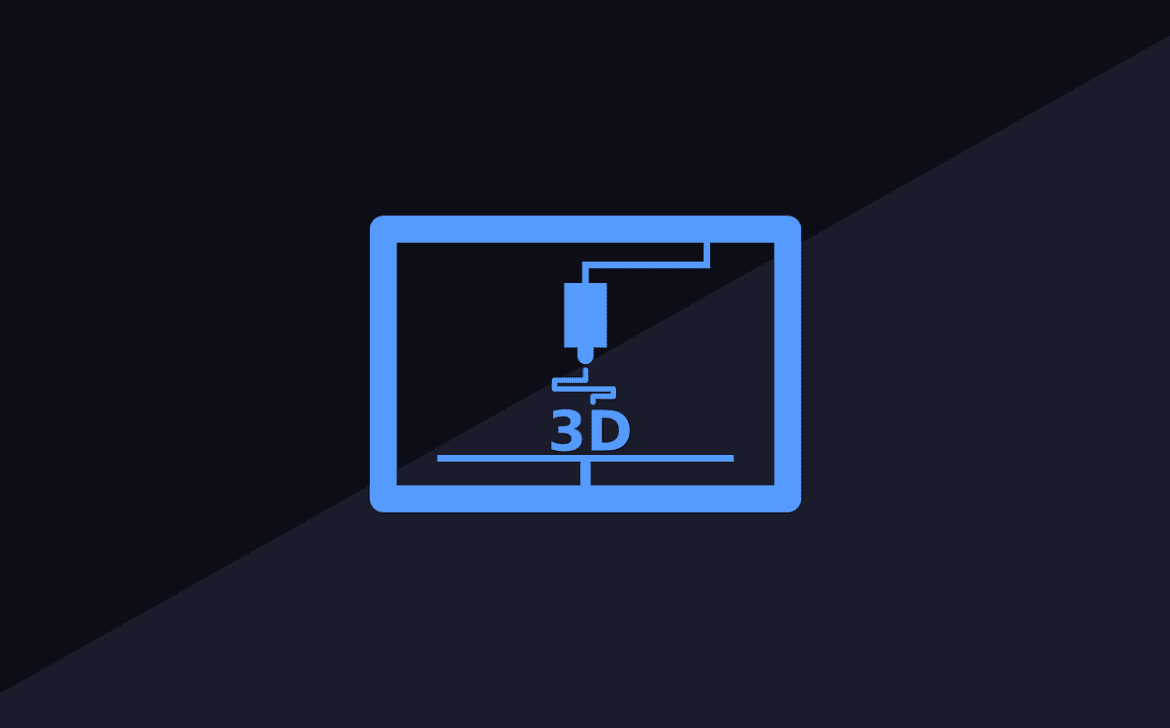Cryptocurrency Mining: Turning Computing Power into Digital Gold

Introduction
In the ever-evolving landscape of cryptocurrencies, mining stands as a fundamental process that powers the entire ecosystem. Cryptocurrency mining, once a niche activity, has grown into a global industry with significant economic implications. In this blog, we’ll delve into the world of cryptocurrency mining, its mechanics, its environmental concerns, and its role in shaping the digital financial realm.
The Essence of Cryptocurrency Mining
At its core, cryptocurrency mining involves the validation and addition of transactions to a blockchain, the decentralized and immutable digital ledger that underpins cryptocurrencies like Bitcoin and Ethereum. Unlike traditional banking systems that rely on intermediaries, cryptocurrencies use mining to achieve consensus and ensure the integrity of the transaction history.
How Mining Works
- Transaction Verification: Miners collect pending transactions from the network and verify their validity. Transactions that adhere to the network’s rules are compiled into a block.
- Proof of Work: Mining involves solving complex mathematical puzzles that require significant computational power. This process is known as Proof of Work (PoW). Miners compete to solve the puzzle, and the first one to do so gets to add the verified transactions to the blockchain.
- Block Addition: The winning miner broadcasts the solved puzzle to the network, and other participants verify its correctness. Once confirmed, the new block is added to the blockchain, and the miner is rewarded with newly minted cryptocurrency and transaction fees.
Cryptocurrency Mining and Energy Consumption
While mining is essential for maintaining the security and functionality of cryptocurrencies, it has drawn attention due to its energy consumption. The energy-intensive nature of PoW mining, which requires vast computational power and electricity, has raised concerns about its environmental impact.
Environmental Considerations
- Energy Consumption: Large-scale mining operations can consume as much electricity as small countries. This energy usage has prompted debates about the carbon footprint of cryptocurrencies.
- Renewable Energy: Some mining operations are transitioning to renewable energy sources like solar and wind power to mitigate their environmental impact.
- Innovation: The environmental concerns surrounding mining have fueled discussions about transitioning to more energy-efficient consensus mechanisms, like Proof of Stake (PoS), which doesn’t rely on intensive computations.
Cryptocurrency Mining Equipment
Mining requires specialized hardware designed to perform the intricate calculations necessary for PoW consensus. Graphics Processing Units (GPUs) and Application-Specific Integrated Circuits (ASICs) are commonly used for this purpose. Miners often build rigs containing multiple GPUs or ASICs to maximize their mining power.
Mining Pools and Decentralization
As the complexity of mining has increased, individual miners often join forces in mining pools. Mining pools combine their computational power, increasing the chances of solving puzzles and receiving rewards. While this fosters decentralization, it also raises concerns about centralization if a few large pools control the majority of the network’s power.
Rewards and Incentives
Miners are incentivized to participate in the network through rewards. In PoW systems like Bitcoin, miners receive newly minted coins and transaction fees for each block they add. This incentivization structure ensures the continuous functioning of the network and maintains its security.
The Future of Cryptocurrency Mining
As cryptocurrencies continue to evolve, so does the landscape of mining. Several trends and developments are shaping the future:
- Sustainability: Innovations in renewable energy and more energy-efficient consensus mechanisms like PoS aim to address the environmental concerns associated with mining.
- Regulation: As the industry matures, governments around the world are formulating regulations to address various aspects of cryptocurrency mining, from taxation to environmental impact.
- Technological Advancements: Ongoing research is exploring ways to improve mining algorithms, making them more efficient and accessible.


























